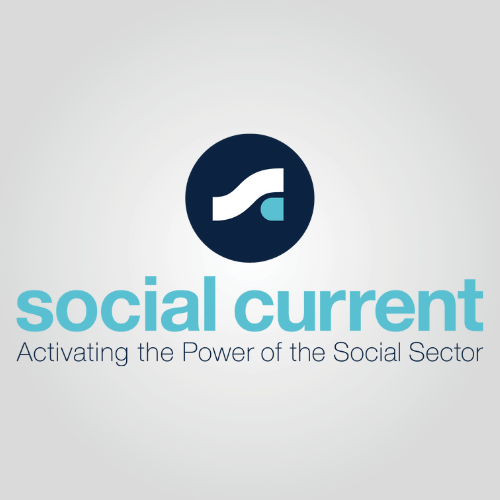Government Affairs and Advocacy
Sept. 19 Federal Update: Social Current Wraps Up SPARK 2022
Last week, Social Current held its inaugural conference, SPARK 2022. Hundreds of social sector leaders converged in Baltimore to exchange ideas, learn best practices, and connect with each other. Social Current President and CEO Jody Levison-Johnson opened the conference with a strong message of unity, asserting that the social sector is “stronger together” and that we should all lean into the give-and-take that our work requires. The opening keynote, from educational psychologist Michele Borba, stressed the importance of acting on empathy to build strong organizations and relationships with our staff and communities.
Over the two-day conference, workshop focused on brain science, anti-racist approaches, workforce resilience, and innovative programs and solutions. The conference ended with a keynote from Heather R. Younger, founder, and CEO of Employee Fanatix, who masterfully detailed all the facets of building a culture of belonging in our organizations based on inclusion and authenticity.
The Social Current Public Policy Team hosted the pre-conference session Social Current’s Federal Policy Agenda: Advocacy Workshop and Opportunities for Impact, which provided participants with an overview of the policy agenda, a module on how Washington, D.C., works and training on messaging and advocacy strategy.
Final Rule on Public Charge
After a public comment period, the Department of Homeland Security has published a final decision regarding the controversial public charge rule. The previous administration finalized a controversial rule that allowed the Department of Homeland Security (DHS) to consider receipt of certain public benefits, like the Supplemental Nutrition Assistance Program (SNAP), as a factor in deciding whether to grant individuals green cards or change their immigrant status. In February 2021, President Joe Biden ordered the secretary of state, the attorney general, and DHS to reassess the rule and make recommendations. The new rule, which will go into effect in December, excludes participation in numerous programs, including SNAP, Medicaid, the Children’s Health Insurance Program, and housing benefits, among others, from consideration in determining immigrant status. Only long-term institutionalization could be considered in a public charge determination. The rule also ensures that green card holders are not subject to a public charge determination. The rule will go into effect in December.
Annual Food Insecurity Report Released
The Economic Research Service at the U.S. Department of Agriculture recently released the report Household Food Security in the United States in 2021 on the state of access to nutrition in the nation. This year’s report surveyed 30,343 households, a representative population sample. The report found that 10.2%, or 13.5 million households, were food insecure, defined as households that at some point during the year expressed difficulty accessing enough food for all the members of their household. This is down from 10.5% in 2019 and 2020. About 3.5%, or 5.1 million households, experienced inadequate food security, where consumption of food by some members is reduced, and eating routines are interrupted due to a lack of resources. In addition, 6.2% of households with children, or 2.3 million households, had food insecure children, and 0.7% of these households had very low food security. About 56% of food-insecure households said they enrolled in federal nutrition assistance programs, like the Supplemental Nutrition Assistance Program, the Special Supplemental Nutrition Program for Women, Infants, and Children, and the National School Lunch Program.



